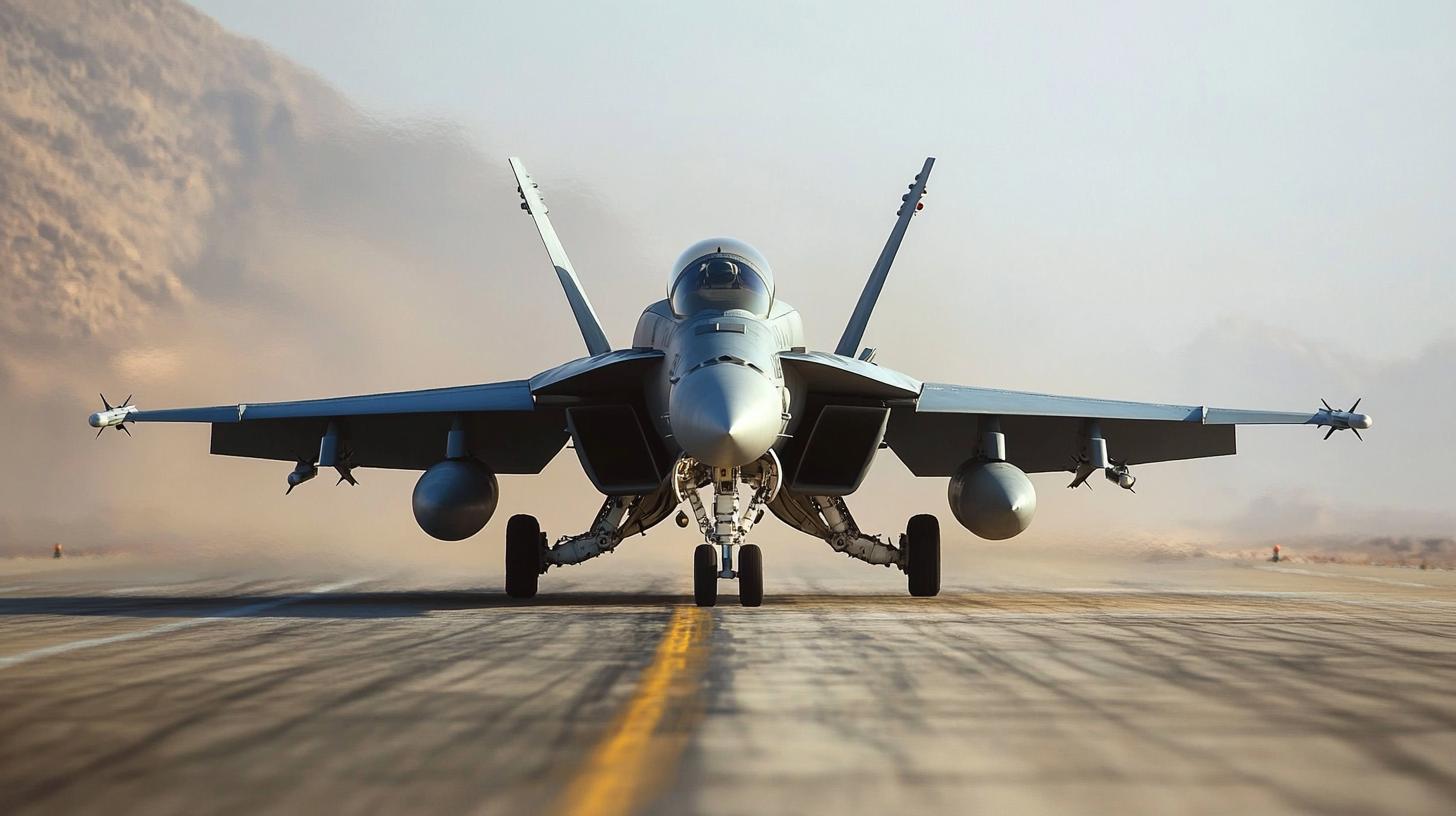In a major move to bolster its air force capabilities, Israel has finalized a deal with Boeing to procure 25 cutting-edge F-15 fighter jets. The transaction, worth a staggering $5.2 billion, is part of a comprehensive US aid package, crafted with the approval of both the US administration and Congress earlier this year. Notably, the agreement also includes an option for Israel to secure an additional 25 aircraft in the future.
Enhanced Firepower
The newly acquired F-15 jets will be outfitted with state-of-the-art weapons systems that harmonize seamlessly with Israel’s existing arsenal. These aircraft are designed to carry larger payloads over greater distances, granting the Israeli Air Force a significant tactical edge essential for both present-day and long-term strategic operations in the politically volatile Middle East region.
Delivery is set to commence in 2031, with four to six jets arriving on Israeli soil each year, reinforcing the nation’s aerial defense year by year.
Further enhancing Israel’s military capabilities, a third squadron of F-35 jets was acquired earlier this year. Israeli defense officials regard these procurements as monumental steps in reinforcing their air dominance within the region. They believe the integration of F-15 and F-35 squadrons will significantly expand their reach and effectiveness in safeguarding national security.
How the Arms Race in the Middle East Shapes Our World: The Untold Story Behind Israel’s New Fighter Jets
The recent agreement between Israel and Boeing for the procurement of 25 advanced F-15 fighter jets represents not just a significant upgrade in military capabilities for Israel but also highlights a broader geopolitical dynamic that impacts lives far beyond the cockpit and beyond Israel’s borders. While much of the discussion has focused on the specifics of the transaction, there are several intriguing facets worth exploring that shed light on global implications.
The Broader Middle East Arms Race
Israel’s enhancement of its air force capabilities can be seen as part of a regional arms race that reflects heightened tensions among Middle Eastern countries. As Iran continues to develop its own military technologies and regional influence, countries such as Saudi Arabia, the United Arab Emirates, and Egypt are also investing heavily in advanced weaponry. This continual escalation raises questions about the balance of power in the region and its impact on regional stability.
Economic Boosts and Burdens
Procurement such as Israel’s can have wide-ranging economic implications. While new technologies and trades deals can spur economic growth and create jobs — a potential boon for industries and workers associated with defense sectors in both the U.S. and Israel — they also divert significant resources away from other societal needs. Nations involved in military build-up may face criticisms over the allocation of funds that could otherwise support healthcare, education, or infrastructure development.
Strategic Advantages and Ethical Dilemmas
The addition of F-15 jets equipped with cutting-edge weapons systems undoubtedly offers Israel a strategic advantage, allowing it to project power more effectively and deter potential threats. However, such military capabilities also raise ethical questions around their potential deployment in conflict scenarios. How do nations balance powerful defense systems with responsible use? The potential for collateral damage and escalation of violence remain pressing concerns.
Implications for International Relations
This major arms deal is backed by the United States, showcasing the deep strategic and military ties between the two countries. However, it can also be viewed as a potential irritant in U.S. relations with other Middle Eastern nations. How do these alignments affect diplomatic efforts in the region, especially concerning peace negotiations or nuclear discussions with Iran?
Advantages and Disadvantages Recap
Advantages:
– Enhanced security and power projection capabilities for Israel.
– Economic benefits in terms of job creation and technology advancement for countries involved in the production.
– Strategic deterrence against regional threats.
Disadvantages:
– Potential escalation of the arms race in the Middle East.
– Sizable financial resources diverted from other essential social services.
– Ethical concerns about the use of advanced military technologies in conflicts.
What are the Long-term Consequences?
Looking ahead, one of the key questions is how such military investments will shape Israel’s long-term security and its relationships with its neighbors. Will it foster a peace-through-strength ideology, or will it contribute to a security dilemma where other regional players feel compelled to bolster their arsenals as well?
For further reading on global security and military advancements, consider exploring resources from Defense.gov and Foreign Affairs.
This dynamic in the Middle East offers much for policymakers and citizens alike to ponder, as the implications of military decisions today ripple across continents and generations.







